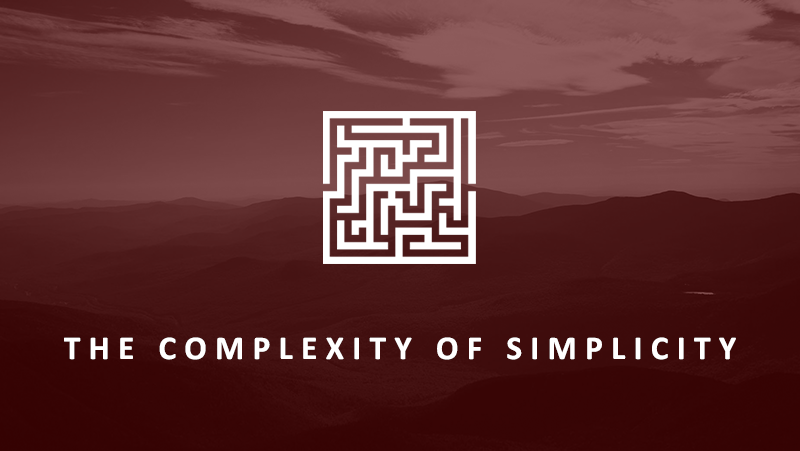Our Blog
We will never return to an age of Simplicity as defined by Weaver.
Let’s say you drive to work – Everything about that process is Complex. While riding a bike would be a Simpler method – you peddle faster and the bike goes faster. Instead, you commute in a car with thousands of parts working together to get you to your destination, where you will likely use a computer, another thousands of interconnected, interacting parts, to work on something that will have an impact on possibly hundreds of people with influence on thousands of processes.
This is the combined outcome of the modern technological revolution and globalization; many of us have processors in our pockets that can access the entirety of human knowledge, in the middle of a desert, on top of a mountain, or when you’re at home on the couch, and then you can send it at incredible speed to anyone, anywhere.
Through modern Complexity, we are achieving breakthroughs at an unprecedented pace. Scientists have created algorithms that can learn in the same manner as the human brain, and at a much faster pace (Wired). Experts have created autonomous flying drones which can work together to complete a variety of tasks (DefenseOne). Private entrepreneurs are working on a trans-continental train to get you from New York, NY to Los Angeles, CA in an hour (Hyperloop).
Is Complexity as fearful a monster as previously thought? I would say no, but rather redirect the fear and anxiety towards Chaotic Complexity.
Our goal is to make Complexity as previously defined, well, Simple.


